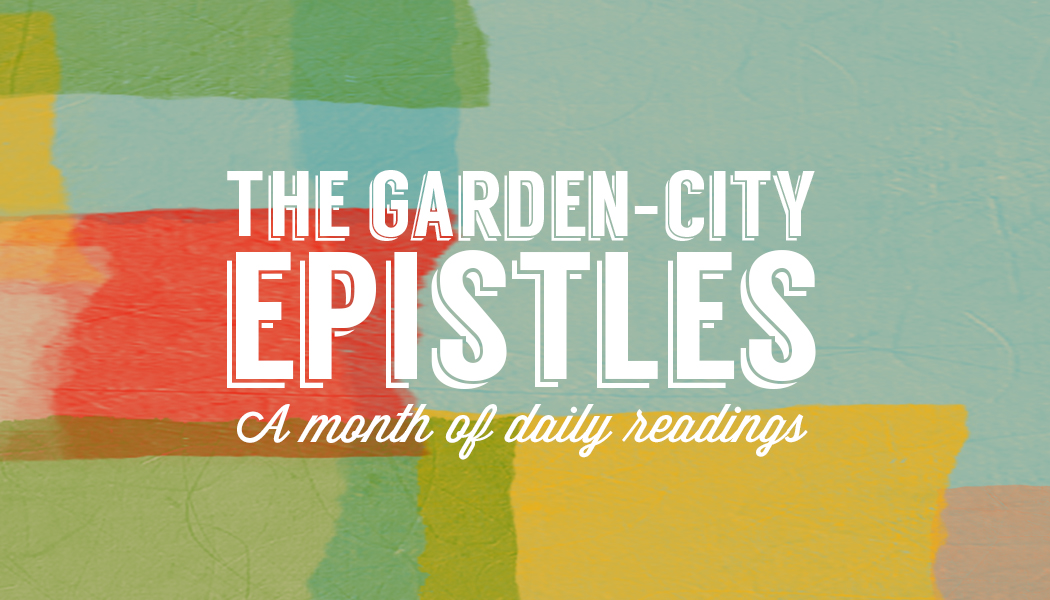John Burtka is a local vintner and restaurateur. I wrote this letter for him.
There’s an old Jewish legend about a rabbi who was asked which was better: the things God made or the things we make. The rabbi knew the question was coming and had both hands behind his back, nodding thoughtfully at his questioner. When the time came to respond, the rabbi produced his hands. In one, he held an ear of corn; in the other, he held a cake. “God made one,” he said, “and I made the other, but which would you rather eat?”
I think we both know you’d rather eat cake.
Me too.
In almost twenty years as a pastor I’ve come across three major attitudes toward Creation. There are some who feel like the earth belongs to God and we should leave it alone. They perceive every industrial or societal activity as a cancer slowly killing our world, believing God made everything the way it was intended to be and humanity’s only contribution has been corruption.
There are others who believe the world is our playground, and we can do whatever we like. We are, after all, the dominant species on the planet. If the earth doesn’t work for us, it doesn’t matter who else—trees, animals, insects—finds it habitable, since we won’t be around to care. These are the people who exploit natural resources for fast gains, often ignoring the long term consequences of their activity.
Finally, there are those who believe we have a responsibility to work with the earth and bring out the best Creation has to offer for the maximum benefit of the world. These are the people for whom the triple bottom line of profit:people:planet is not just a byline but a conviction.
To summarize, either we should leave it alone, do stuff to it, or do stuff with it.
Of course these categories are unfair. I’ve never met anyone who would admit to either of the first two options. But our actions often betray what we really believe, and many apparently think that God either did everything worth doing, or did very little that helps us now.
But the third option is to realize God made everything we need to make everything we need; he gave us the raw materials we need to develop the world into a perfect habitat for humanity; he supplied enough food, water, soil, and clean air to sustain a population far greater than what we currently entertain; and he gifted humanity with intelligence, reason, and curiosity enough to figure out how to move forward from the garden to the city.[1]
We need to build, to enhance, to elaborate, to develop, and to cultivate. Somebody’s gotta bring a bottle of wine to dinner if we’re gonna toast one another’s successes, celebrate each other’s company, and linger long after the table has been cleared.
We need you to continue your cooperation with God—to bake bread and make wine—because you can’t have the Eucharist with a fistful of grapes.
[1] This is the thesis of Peter H. Diamandis and Steven Kotler’s brilliant book Abundance: why the future is better than you think, and a key underpinning in Bill and Melinda Gates’ 2014 annual report for the Gates Foundation, 3 Myths that Block Progress for the Poor.
fossores
Related posts
Categories
Category Cloud
Tag Cloud
Recent Posts
- Victors and Victims November 6, 2018
- 3 Hacks for Happiness October 29, 2018
- Hope Against Death September 20, 2018
- The Shape Of The Cross September 19, 2018


